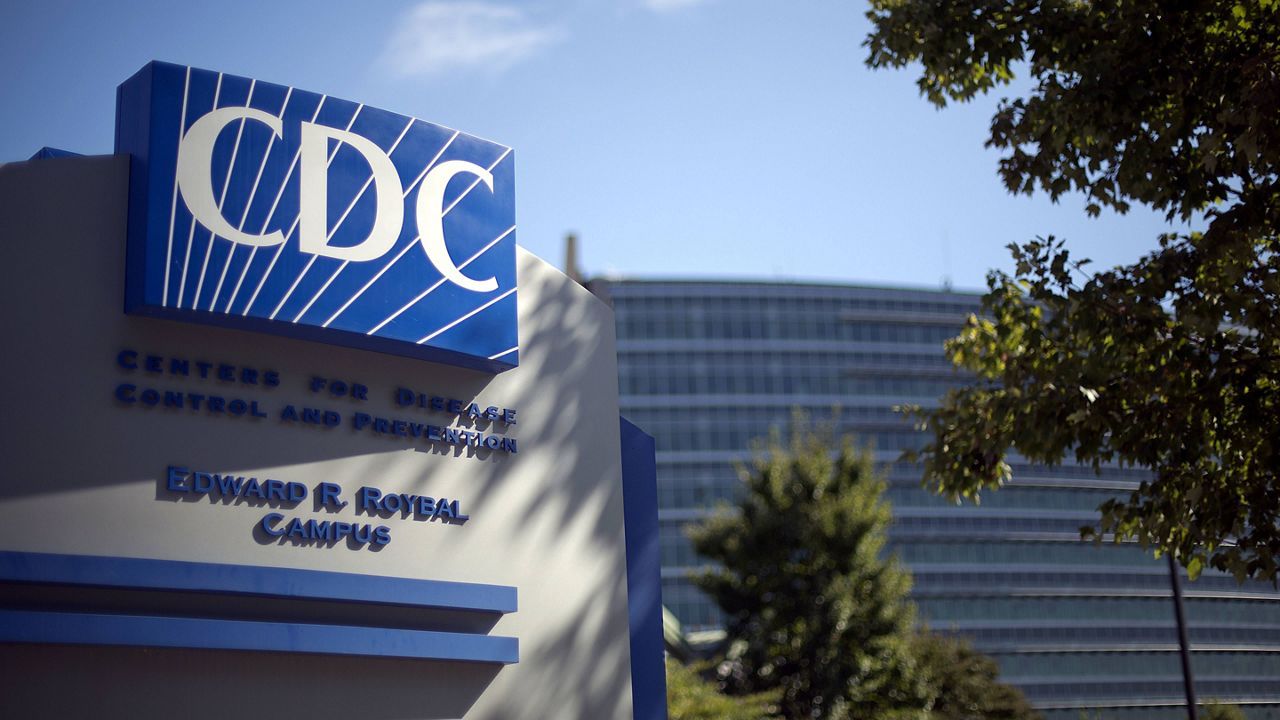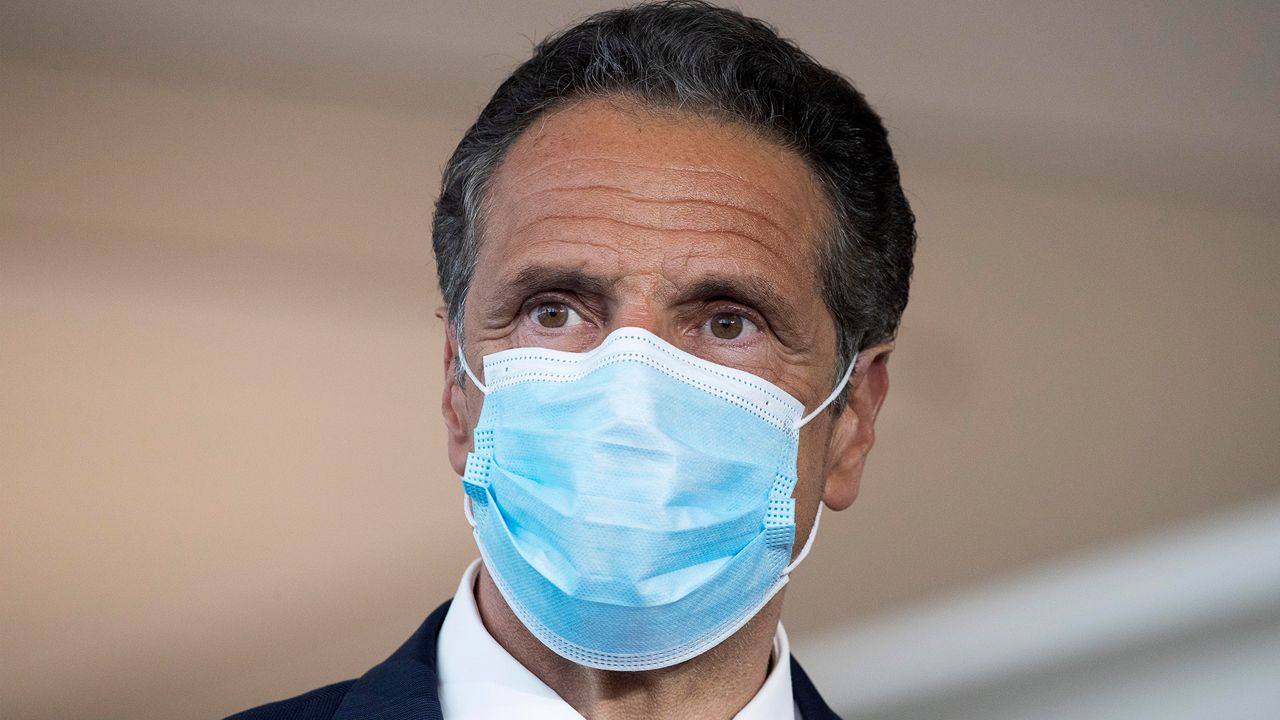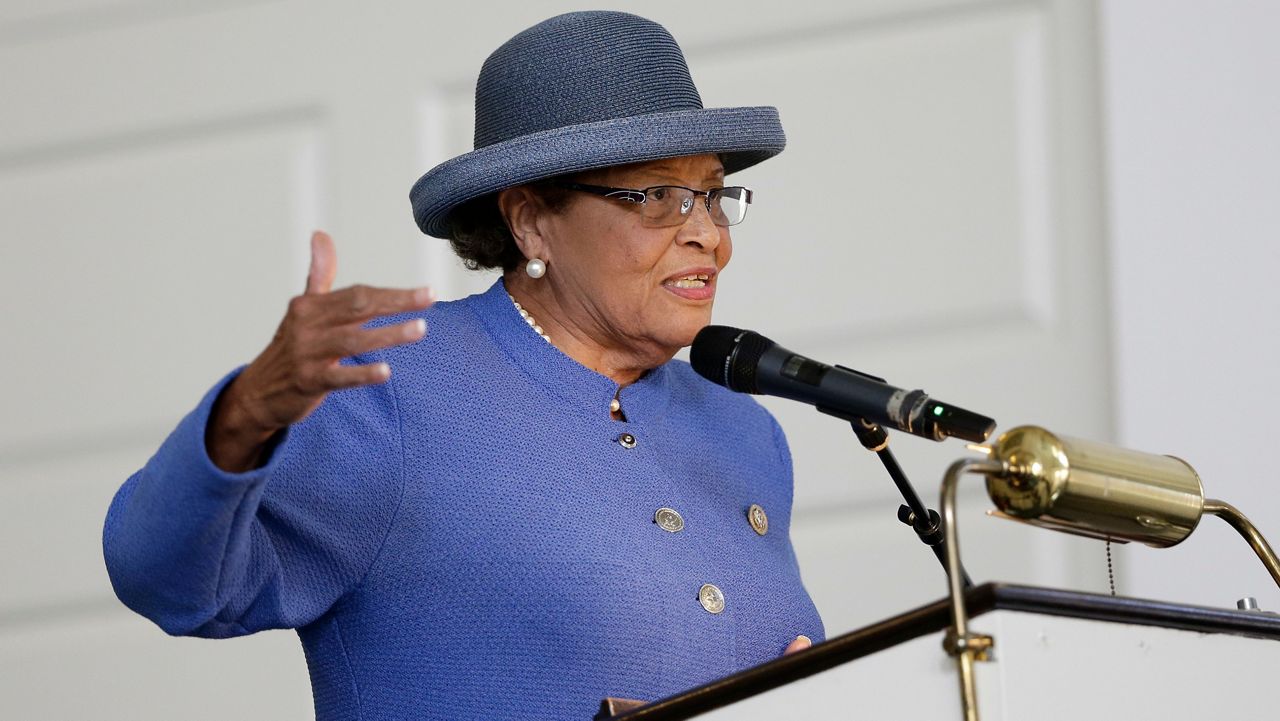Coronavirus case numbers continue to drop in North Carolina. The number of people in the hospital with the virus is below 800, down from the thousands hospitalized at the height of the omicron surge in January.
The state is entering a new phase in the pandemic, Gov. Roy Cooper said Thursday. That means focusing on vaccinations and being prepared in case the state gets another spike in cases.
“We made the right choices. We got our children back in school. We kept our economy going. We saved lives,” the governor said. “Now, we enter the next phase. One of individual responsibility, preparedness and prosperity. This virus will still be with us, but it won’t disrupt us.”
“We must remain prepared for the potential of future surges, though, and this will mean some specific changes in the way we move forward from here,” he said.
The new plan outlined Thursday by the governor and the Department of Health and Human Services focuses on four areas: “empowering individuals” to make their own decisions on COVID safety, making sure the state has enough hospital capacity, working with local governments and organizations on recovery, and making sure everyone has access to information and treatment for COVID-19.
“We have worked hard to get here. With a robust toolset, we are prepared now as individuals and as a state in ways we could have not been two years ago or even two months ago.” DHHS Secretary Kody Kinsley said during Thursday’s news conference.
“While COVID is now a threat we can manage, it has not disappeared.”“As we move forward together, we will continue to ensure every North Carolinian has access to the tools and information they need to protect themselves and others,” he said. “While COVID is now a threat we can manage, it has not disappeared.”
Kinsley and the governor both said they were concerned about Congress potentially cutting funding for COVID testing and treatment. The state relies on federal funding to make sure there are enough testing supplies and to treat uninsured coronavirus patients.
“Staying prepared and having these stockpiles is important,” Kinsley said.
Starting next week, the state will change how it’s reporting the COVID metrics that have become ubiquitous over the past two years. DHHS plans to stop its daily updates of the COVID-19 summary dashboard page.
Instead of the familiar metrics of daily case counts and percent positive, DHHS will begin updating that summary page once a week with slightly different data.
The page will be updated each Wednesday, DHHS said, with data on wastewater surveillance, COVID-like illness, hospital admissions, case numbers, booster rates, variant prevalence and the Center for Disease Control and Prevention’s community spread levels.
“Fortunately, while COVID-19 can still cause harm or change in unpredictable ways, we now have the tools and knowledge to manage and live with the virus,” according to DHHS’s new “Moving Forward Together" plan.
“We can do this by building structures and processes that prepare us to react nimbly to ongoing changes – whether they be a new variant, new vaccine or treatment, increase in spread, or testing demand,” the plan states.
The governor Thursday highlighted North Carolina’s economic development over the last year. Employment has now returned to pre-pandemic levels, he said.
“Despite the pandemic, North Carolina continues to attract major investments and expand homegrown companies,” North Carolina Commerce Secretary Machelle Sanders said Thursday. “As the last two years have taught us, conditions can change rapidly and our businesses, workforce and communities must be skilled enough to adapt and grow.”
“As our state navigated this health challenge, we never took our eye off of economic development and through it all we’ve continued to bring record-breaking numbers of job announcements,” the governor said.
Cooper and Sanders highlighted some of the big job announcements over the past year, including a new Apple campus and Toyota’s plan to build a factory for electric vehicle batteries in North Carolina.
“Even in our most difficult moments, I knew that North Carolina would come out alright because of the strength of our people. Our resilience, our determination and our dedication to the values of community and ingenuity got us through it,” the governor said.









